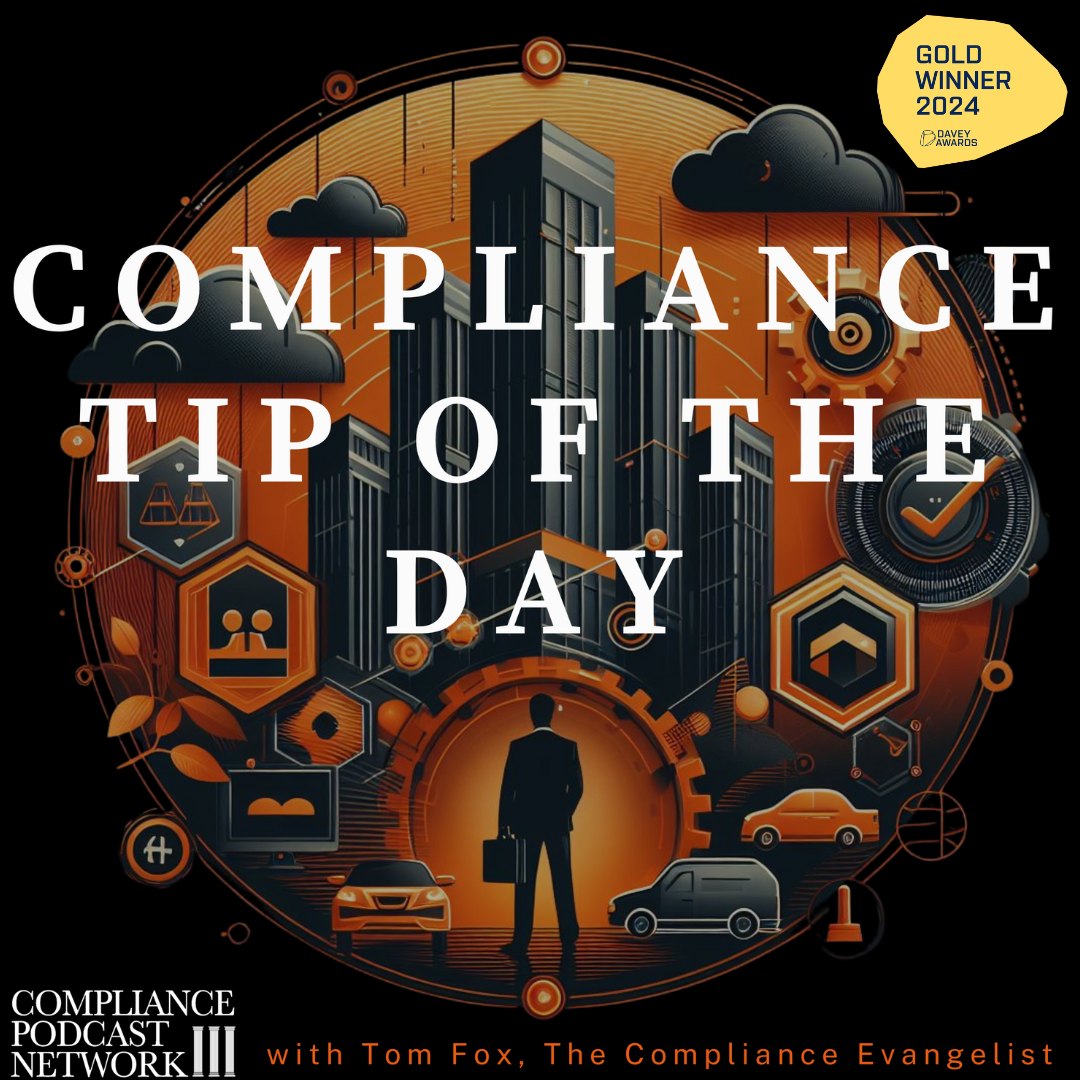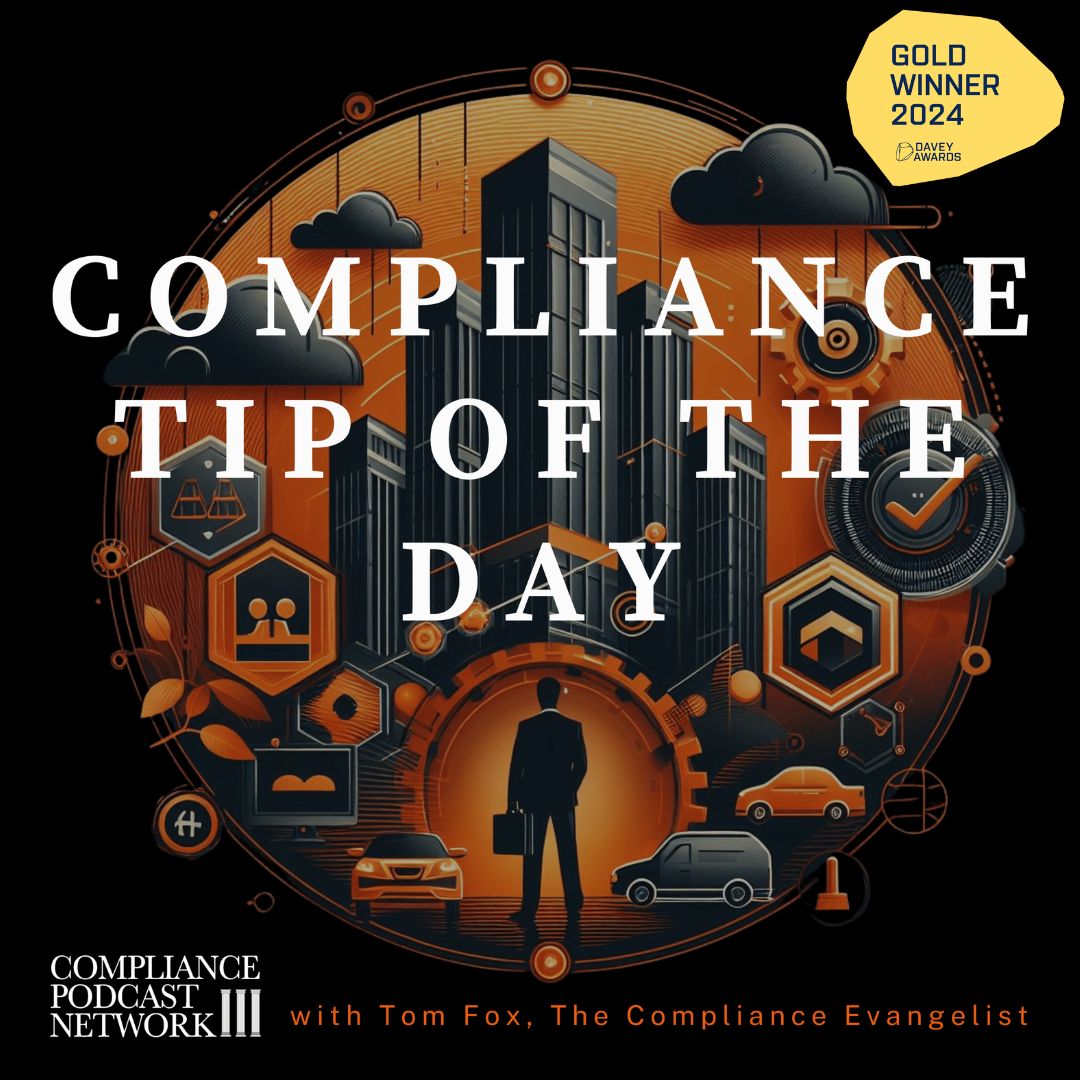In a surprise to no one who has been watching, a group of institutional investors has filed suit against Boeing for another set of Caremark violations. I wrote about this eventuality back last summer around the court case the (then) Department of Justice (DOJ) brought against Boeing for violating its DPA around the 737Max crashes. I was therefore intrigued to see a new article looking at the Caremark Doctrine, entitled Caremark’s Fractured State by Itai Fiegenbaum.
The Caremark Doctrine has long been the bedrock of board-level oversight in corporate compliance, yet its application remains a subject of intense debate. Originally framed as a duty of care, Caremark obligations have since developed into a duty of loyalty, placing an increased burden on directors to monitor corporate compliance proactively. Through the 2018 ruling in Marchand v. Barnhill, the Delaware courts have reinforced that directors can be liable for failures in “mission-critical” areas. However, as this Fiegenbaum explores, the Caremark standard is far from universally applied across U.S. jurisdictions, leaving compliance officers and business executives with an uneven playing field.
Understanding the Caremark framework and its implications for corporate oversight is critical for compliance professionals. This article unpacked the evolution of Caremark, its inconsistent application outside Delaware, and how compliance strategies must adapt to varying levels of director accountability.
I. The Strategic Compliance Takeaways from Caremark’s Evolution
1. Compliance as a Board-Level Obligation
At its core, Caremark establishes that directors must ensure robust compliance systems are in place and actively monitored. This proactive duty means that corporate compliance is not just a legal safeguard but a strategic necessity. Boards that fail to implement adequate monitoring systems—or ignore known compliance risks—face potential liability. In today’s regulatory climate, companies cannot afford a passive approach to compliance oversight.
2. The Expanding Definition of Oversight Risk
Delaware courts have broadened their view of what constitutes a director’s duty under Caremark. The March decision, for example, held that directors overseeing “mission-critical” aspects of a business (such as food safety for an ice cream manufacturer) are presumed to have higher oversight obligations. This shift suggests that compliance programs must be tailored to each company’s core risks. Compliance officers should prioritize risk assessments that align with the company’s industry and regulatory landscape, ensuring that high-risk areas receive enhanced scrutiny.
3. Lessons from the Jurisdictional Divide
While Delaware leads in developing oversight liability, nearly half of U.S. jurisdictions provide directors with broader legal protection, making Caremark-based claims difficult to sustain. In many states, exculpation provisions shield directors from oversight liability unless they act intentionally. This discrepancy underscores the need for compliance teams to be well-versed in jurisdiction-specific director liability standards. Companies incorporated outside of Delaware should not assume they are insulated from oversight risk—regulators and investors are increasingly scrutinizing board-level compliance failures, regardless of legal precedent.
II. Strengthening Compliance Programs in Light of Caremark
1. Building a Proactive Compliance Framework.
Given the heightened expectations of board oversight, companies must establish rigorous compliance frameworks that extend beyond minimum regulatory requirements. A robust compliance strategy should include:
Board-Level Training. Directors must be educated on their Caremark duties and understand their personal liability risks. Compliance officers should facilitate ongoing training on emerging regulatory risks and enforcement trends.
Risk-Based Monitoring. Compliance should not be a one-size-fits-all approach. Companies must identify mission-critical areas and allocate resources accordingly.
Whistleblower and Incident Reporting Systems. Companies must ensure that directors receive timely, credible information on compliance failures. This means strengthening internal reporting mechanisms and providing whistleblower protections are in place.
2. Data-Driven Compliance Monitoring.
The Caremark Doctrine has also emphasized the importance of data-driven oversight. Boards cannot exercise proper oversight without access to meaningful compliance data. Companies must:
- Leverage analytics to detect anomalies in high-risk areas, such as supply chain transactions, financial reporting, and regulatory disclosures.
- Implement dashboards that provide directors with real-time compliance insights.
- Internal audits should be conducted to assess compliance program effectiveness and identify gaps before they escalate into enforcement actions.
III. The Compliance-Board Partnership: Closing the Oversight Gap
1. Integrating Compliance into Corporate Strategy
One of the most significant lessons from Caremark is that compliance must be embedded into overall business strategy. Boards and executives should move beyond viewing compliance as a reactive function and instead treat it as a key driver of business sustainability. Compliance teams should work closely with legal and operational leadership to ensure that:
- Compliance is integrated into strategic decision-making, particularly in areas with heightened regulatory risk.
- Board members actively engage in compliance discussions rather than relying solely on quarterly reports.
- Directors have direct access to compliance officers and internal audit teams to stay informed about emerging risks.
IV. Mitigating Personal and Corporate Risk
For boards, compliance failures are not just a corporate risk but a personal liability risk. Directors and executives should take steps to protect both the company and themselves by:
- Ensuring robust documentation of compliance efforts. Regulators and courts expect clear evidence of proactive compliance oversight.
- Regularly reviewing and updating governance policies. Compliance obligations evolve with regulatory shifts, and boards must stay ahead of these changes.
- Engaging external compliance experts when necessary. Outside counsel or compliance specialists can provide critical insights, particularly in highly regulated industries.
V. The Future of Caremark: Compliance in an Evolving Legal Landscape
The Caremark standard will continue to evolve as courts and regulators refine expectations for board oversight. Companies should prepare for:
Stronger enforcement actions against directors for compliance failures in mission-critical areas. This trend is relevant to the healthcare, finance, and technology industries, where regulatory expectations are intensifying.
More aggressive shareholder litigation. Investors increasingly use Caremark claims to hold directors accountable for compliance missteps, particularly in ESG-related areas.
Greater emphasis on cybersecurity and data governance. As regulators focus on data privacy and cybersecurity breaches, boards must ensure they are actively monitoring these risks.
VI. Turning Compliance into a Strategic Asset
For business executives, Caremark should not be viewed solely as a legal doctrine but as a strategic framework for strengthening corporate oversight and resilience. Companies that proactively embrace compliance as a board-level priority will reduce regulatory risk and enhance investor confidence, corporate reputation, and long-term business sustainability.
The key takeaway? Compliance is no longer optional. It is a fundamental component of responsible corporate governance, and boards that fail to adapt face increasing legal, financial, and reputational consequences. Compliance professionals must take the lead in bridging the oversight gap, ensuring that directors are equipped to meet their evolving fiduciary responsibilities in a complex regulatory landscape.










